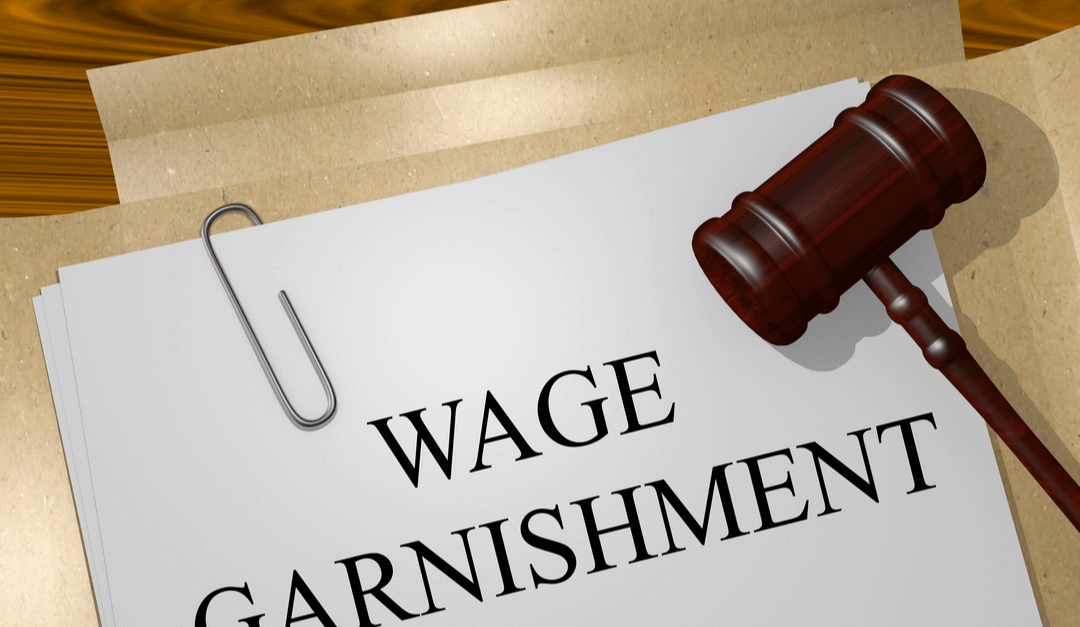On June 29, 2020, Colorado enacted a new law preventing a garnishment to help residents recover from the COVID-19 pandemic. The law requires a creditor to notify a debtor that the garnishment can be temporarily suspended if the debtor is facing financial hardship as a result of the COVID-19 emergency. Any garnishment is a financial hardship as most people need all their wages to survive. This moratorium was to end on November 1, 2020, but it was extended until February 1, 2021. Next week, when the law expires, creditors can seek to garnish your wages and you cannot claim a financial hardship to stop it.

Creditors can garnish 25% of your wages until the debt is repaid. How are you going to pay your bills if you’re being garnished?
What is a garnishment?
In Colorado, a garnishment is when a creditor takes 25% of your wages for six months. After which, there’s a break from the garnishment. However, the garnishment can start again for another six months. Basically, a creditor can keep garnishing your wages until the debt is fully paid. Many families they need all their income to pay bills. Living on a salary that is 25% lower is difficult and stressful. Some people think they can call the creditor and ask them to stop the garnishment, but not anymore. Don’t bother as it never happens. Creditors love garnishments because they get paid.
How does bankruptcy stop a garnishment?
Under federal law, filing bankruptcy stops garnishments. It’s one of the benefits of filing bankruptcy. It is known as the automatic stay. The automatic stays stops all creditor activity. When the automatic stay is in place, a creditor cannot make collection calls, repossess cars, foreclose on homes, and cannot garnish wage. A bankruptcy will stop an existing garnishment. What’s even better is that bankruptcy gets rid of the debt. Which means, you never repay the debt. And you won’t get garnished again.
Avoid garnishments by calling Colorado Debt Help
If you’re struggling to pay your bills and have too much debt, then call Colorado Debt Help. Don’t wait until you get garnished. Do something now to avoid being garnished. The first consultation is free. We offer several solution besides bankruptcy. Our solutions include debt settlement, credit counseling, debt management plans, and other debt relief options. Our first consultation is free. Schedule an appointment today to avoid your wages being garnished in the future.


Recent Comments